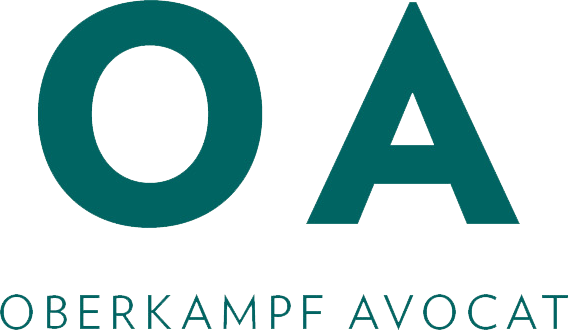Key highlights from September 2022 in the sustainability space.
UN report confirms human rights violations in XUAR – In a 48-page report following a 4-year investigation, the United Nations Office of the High Commissioner on Human Rights concludes that “serious human rights violations have been committed in XUAR [Xinjiang Uyghur autonomous region]” at least between 2017 and 2019, affecting “directly or indirectly Uyghur and other predominantly Muslim communities.” The report condemns “far-reaching, arbitrary and discriminatory restrictions on human rights and fundamental freedoms, in violation of international norms and standards” and finds that “the extent of arbitrary and discriminatory detention of members of Uyghur and other predominantly Muslim groups ... may constitute international crimes, in particular crimes against humanity.” While the facts underlying the report have been surfacing for years, the release of this official document will likely speed up the departure of a number of businesses suspected of benefitting from forced labor in the region.
Patagonia’s creative move to address the environmental crisis – On September 14, Patagonia’s founder announced he and his family had transferred all their shares in the company to two entities: all voting stock went to the Patagonia Purpose Trust, while the nonvoting stock went to the Holdfast Collective, ensuring that any distributed profit would be directed to fight the climate crisis. As one of the sustainability leaders in the garment industry, Patagonia takes responsible business conduct to a whole new level. Only time will tell whether this new – and creative – governance structure does, in fact, lead to measurable positive change. If so, this move may inspire other founders across industries.
Instagram fined €405 million over children privacy – The Irish data protection agency (Data Protection Commission or “DPC”) fined Instagram (Meta, previously Facebook) €405 million after finding that the Company violated several provisions of the General Data Protection Regulation (“GDPR”). The inquiry that led to this decision started at the end of 2020 and looked into certain processing of child users’ personal data in Instagram’s networking service, and focused particularly on Instagram’s public disclosure of email addresses and/or phone numbers of children using the Instagram business account feature, as well as a public-by-default setting for personal Instagram accounts of children. The Irish regulator’s decision follows an intervention of the European Data Protection Bureau, and should be remembered as the second highest GDPR-based fine and the first EU-wide decision on children’s data protection rights.
H&M and Decathlon commit to adjust sustainability claims – In addition to donating €500,000 and €400,000 to sustainability causes, the two brands committed to adjust or no longer use sustainability claims on their clothes and/or websites. The Dutch Authority for Consumers and Markets (ACM) started looking into clothing retailers’ potentially misleading sustainability claims over a year ago and investigated Decathlon and H&M more specifically. Selling products with general claims such as “Ecodesign” and “Conscious” without specifying clearly the associated sustainability benefits may be misleading to consumers, ACM found. The two retailers have made specific commitments and their compliance will be monitored closely by the Dutch watchdog over the next two years.
ECB plan on decarbonizing its corporate bond holdings -The European Central Bank (ECB) published further details on how it aims to gradually decarbonize the corporate bond holdings in its monetary policy portfolios in line with the Paris Agreement goals. In these newly published Q&As, the ECB explains that it will “tilt its purchases towards issuers with a better climate performance” using an internally developed climate scoring methodology (to be reviewed within a year). While individual issuers’ climate scores will not be published by the ECB, the Eurosystem announced the publication of regular climate-related information on corporate bond holdings.
EU to ban products made with forced labor– Following other initiatives, the most talked about being the United States Uyghur Forced Labor Prevention Act, the European Commission issued a comprehensive proposal designed to fight forced labor, a stated Union priority. In a world where nearly 28 million people were reportedly in forced labor in 2021, 12% of which children, the proposed regulation would provide a clear prohibition for all economic operators to “place or make available on the Union market products that are made with forced labor” or to export them. Through a mix of risk-based investigations, shared intelligence, and Member States’ cooperation, the proposed regulation is a promising attempt to tackle this complex yet unanimously condemned issue.
